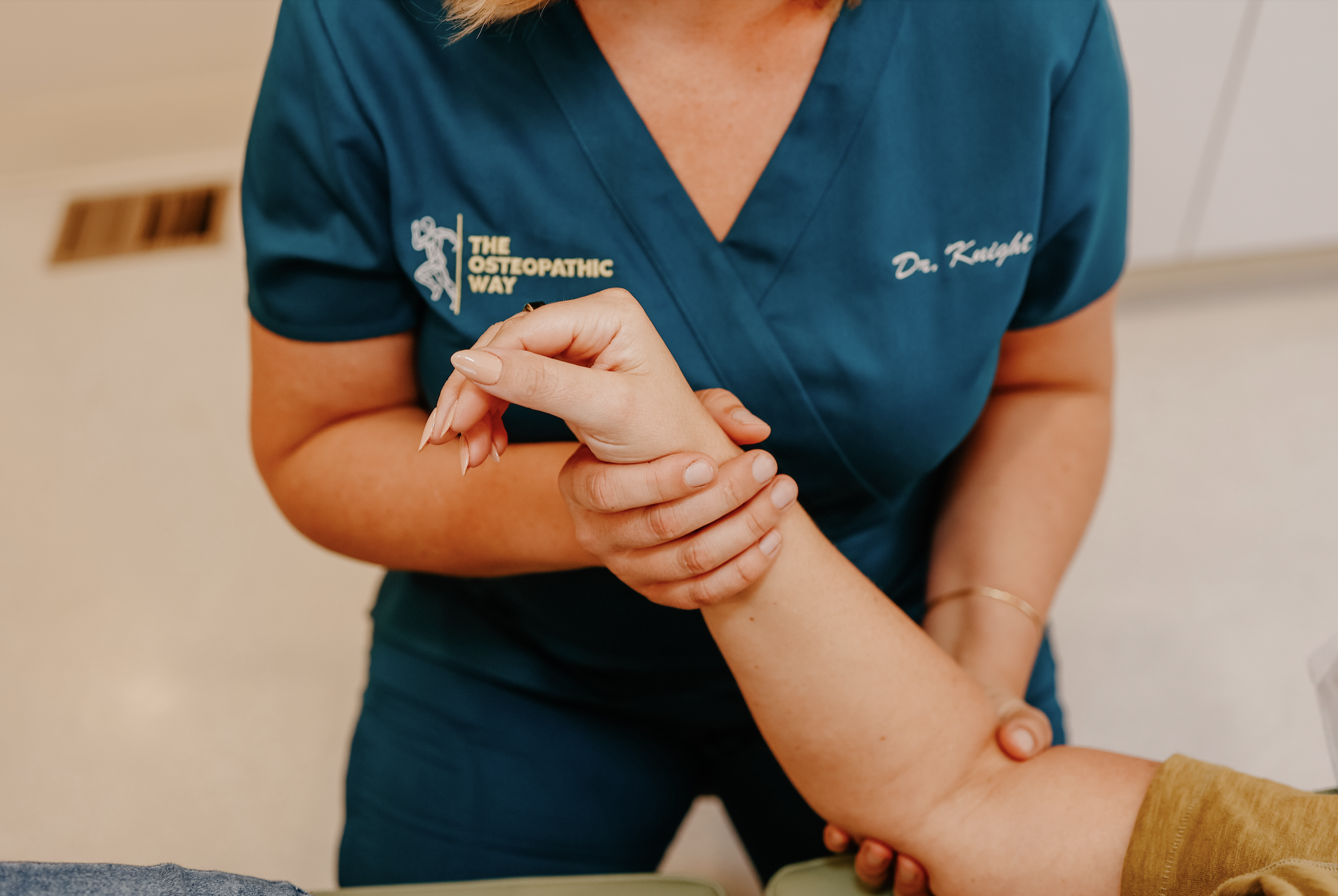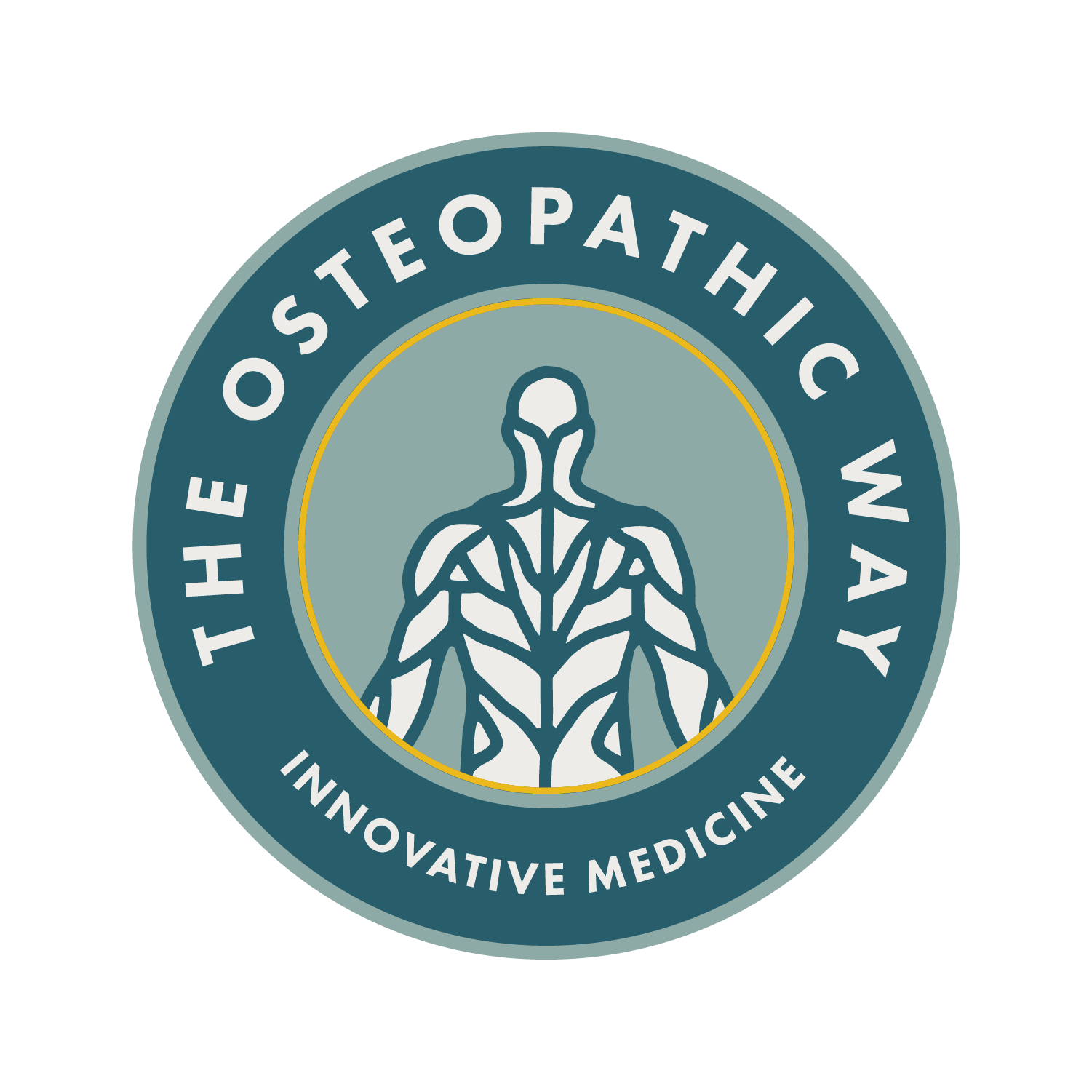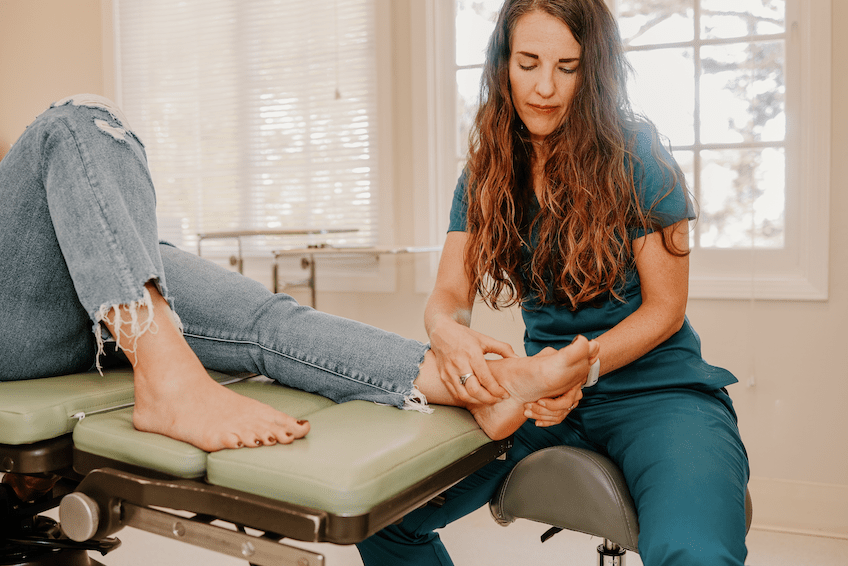People often ask what the difference between DOs and MDs is – if both degrees are doctors, then why is a DO special?
The truth of the matter is that often there isn’t much of a difference in the way that doctors practice medicine. Many DOs have done their residency training in an allopathic (MD) setting, and if you were to ask one of them what the difference is, many times they would say “nothing, it is the same.” In fact, recently I saw a thread online where doctors were discussing how both titles should just be merged and the entire osteopathic profession should just be done away with.
So why do we think the profession to be so special as to name our medical practice “The Osteopathic Way?” The answer may surprise you.
Firstly when discussing Doctors of Osteopathic Medicine, one needs to start with medical school. Osteopathic medical schools are known for being more friendly towards “non traditional applicants.” This means that those of us who weren’t biology majors applying straight from undergrad had a better shot of getting into an osteopathic medical school.
I was a Study of Religion major from UCLA who started the pre med coursework my last year in college. It took me 3 years to get all my requirements done so I was 3 years older than most medical school applicants. This is important because it means a lot of osteopathic medical students have more ‘real world’ life experience than other traditional medical students.
If you have ever been taken care of by a doctor who didn’t seem like they could relate to your real world issues in your life, it’s likely because they never lived through the normal young adult experiences of getting a job, paying for rent, care insurance, gas. Many have never had too much alcohol to drink or every smoked a cigarette or done any illicit drugs. Many have never traveled out of the country. I could go on, but you get the point. They have lived in a bubble throughout their teens and twenties.
To me, this is the first difference in the osteopathic training vs. the allopathic training – there are more people who have diverse backgrounds and difference life experience becoming doctors from the osteopathic pathway.
A lot of people (ahem, MDs) will argue that people go to osteopathic medical school because it is “easier to get into,” and that may be the case for some people who go there.
But many of us picked osteopathic medical school on purpose, the reason being that osteopathic medical school is much more focused on holistic principles – that the body is a whole unit made up of mind, body and spirit. Anyone who has ever been ill for any length of time and was paying attention would understand that the physical body and the emotional or psychological aspects of the body go hand in hand. This is heavily emphasized in the osteopathic education.
In fact, many DO specialists I encounter may seemingly function from an allopathic perspective but actually take a much broader view than their allopathic counterparts.
The difference is subtle, but it is there if you pay attention.
I recently found an endocrinologist who quoted the osteopathic tenets to me during our follow up visit. She works as a researcher at a highly rated academic center surrounded by MDs. She trained there after medical school, but she still holds her osteopathic medical education in high regard.
The main difference between the education people immediately point to is often the training and use of Osteopathic Manipulation. Our medical practice was started centering around Osteopathic Manipulation, so obviously we think this is important.
Every DO in the United States gets about 200 hours of training in Osteopathic Manipulative Technique (OMT) in the first 2 years of medical school.
Medical school (as you can imagine) is intense – the metaphor used frequently is that there is so much information thrown at you (Histology, Pathology, Pharmacology, Anatomy, Physiology, Doctoring, etc) it is like trying to drink water from a fire hose.
And it is.
At some point you have to accept that you won’t learn everything before the exam and have to try to focus on the most important details. To also have a class where you have to spend a good amount of time putting your hands on your classmates bodies in order to develop palpation and diagnostic skills is challenging. Many osteopathic medical students wing it before their exams and never learn OMT in any depth. Some of us were fascinated by this aspect of our education from the beginning and focused on it.
We advocated for the opportunity to do it during our clinical time in our 3rd and 4th year rotations. Then we specifically chose a residency program that had training in OMT specifically. MDs never even get the chance to learn how to treat the body in a way that makes people feel better.
Therefore I argue that DO physical exam skills are far superior to MD’s in general. If your doctor never touches you during a visit, they are missing an opportunity to find out more information about you.
Medicine has become a lot of diagnostic and treatment algorithms, but if someone doesn’t examine you, please find someone new.
Overall DOs are generally more open minded and holistic when it comes to treating patients.
They tend to be more open to somatic based treatments such as chiropractic or acupuncture because of their background with OMT. Many DOs who don’t practice OMT still refer to specialists (us) who do.
They often have more outside the traditional medical box life experience and are open to doing things differently. They are more likely than MDs to be doing medicine as their second or third career.
The psychological or emotional aspects of disease may be more important to them than their MD counterparts. Their physical exam skills are superior. These are a few of the main aspects of DOs that makes them so wonderful.
Would you agree that this is your experience?
Obviously I am biased because I am a DO, but I wouldn’t trade it for the MD pathway if you paid me.



